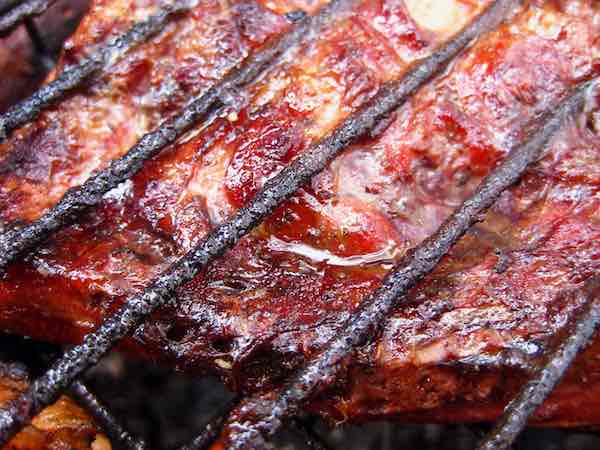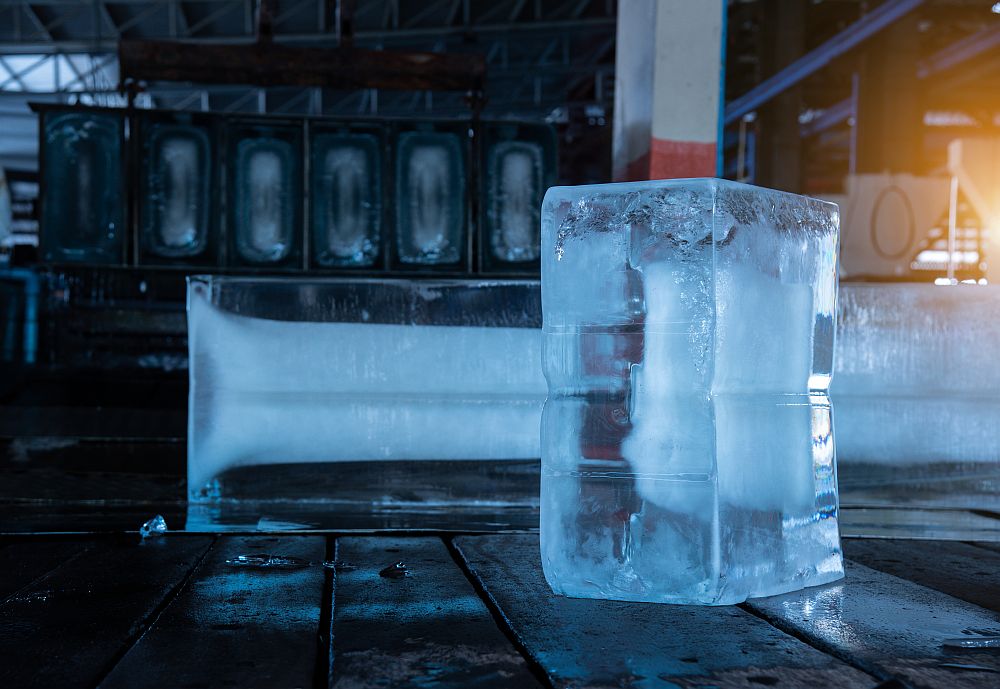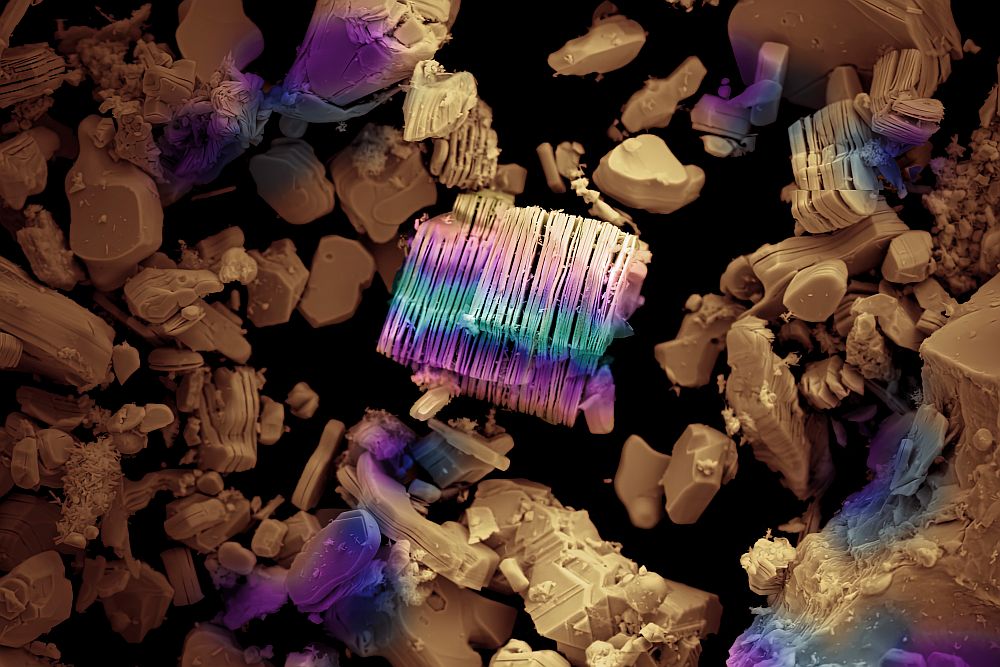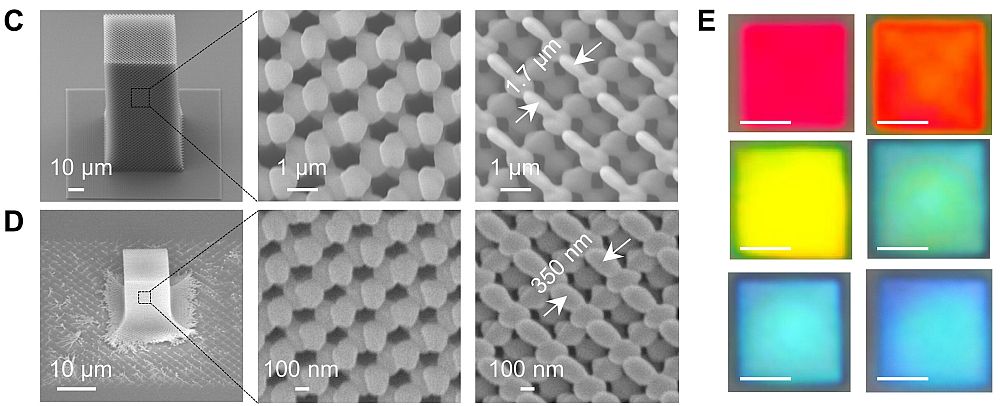
[Image above] Credit: Andrei Zverev; Flickr CC BY-NC 2.0
It’s officially spring now, which has me dreaming of abundant sunshine, longer days, and delicious dinners seared to perfection on the grill.
But despite the delicious flavors that the Maillard reaction imparts to food, grilling has a darker side as well—charring or cooking at high temperatures can form potentially dangerous compounds in food. And smoking isn’t safe either—the same compounds can be found in smoked foods as well.
Those compounds, called polycyclic aromatic hydrocarbons (PAHs), are some of the same compounds found in car exhaust and cigarette smoke. In high doses, these compounds can cause cancer and other health problems. But in lower amounts, like what you’d find in a slightly charred steak, for example, we don’t quite understand if and how exposure to these compounds negatively impacts human health.
While low-level PAH exposure hasn’t definitively been linked to negative health outcomes, however, exposure to these compounds probably isn’t doing your health any favors.
But does that mean that, despite the arrival of spring, you have to give up that delicious smoky flavor?
According to new research presented at the American Chemical Society’s annual meeting last week in New Orleans, La., ceramics might be the key to allowing you to enjoy the flavors of smoked foods sans the potential health risks.
Researchers from the University of Reading in the U.K. report that they have devised and tested a zeolite filter that can significantly reduce the presence of carcinogens yet preserve that delicious flavor of smoked foods.
Zeolites—aluminosilicate ceramic materials consisting of aluminum, silicon, and oxygen—have an open porous structure and high surface area that make the materials excellent filters, for example to clean up car exhaust or filter water.
Teaming up with smoked food company Besmoke Ltd. (Arundel, U.K.), the researchers developed a filter of naturally occurring zeolite material clinoptilolite, according to a C&E News story, and tested how the filter affected the PAH concentration and overall taste of smoked foods.
“The smoking process can cause carcinogens to form in foods,” Jane K. Parker, leader of the new study, says in an ACS press release. “Not all smoked foods are dangerous, but we do know most can contain low levels of these substances, so we should try to remove them. If we could produce a smoke with fewer carcinogens, but that still has the same great taste, that would be ideal. Zeolite filters, which are put in a tailpipe, have been used in the car industry to reduce environmental pollutants, but they haven’t been applied to food yet. We want to change that.”
Although Parker was relatively mum on the details of the proprietary zeolite filter, she does say in an ACS press panel video from the meeting that the clinoptilolite filter is activated by heat-treatment, which modifies the material’s structure. The researchers think that the filter’s ability to remove PAHs can be attributed to cations inside the filter.
That filtering ability is robust—tests show that the filter can reduce benzo[a]pyrene, a PAH that’s a known carcinogen, by up to 93% in smoked foods. Levels of other PAHs are significantly reduced as well.
And the taste?
Parker says that sensory panel taste tests showed that the zeolite filtering process actually enhances the flavor of smoked foods, with blinded taste testers reporting overall more rounded and balanced smoke flavor. Tasters reported less “ash tray” qualities and acrid flavors in zeolite-filtered smoked food, including chicken brined in smoked water and smoked tomato flakes mixed into cream cheese.
Using mass spectrometry, the scientists compared the compounds between zeolite filtered smoke and unfiltered smoke. “The profiles showed that it was largely the higher molecular weight components that were being removed by the filter,” Parker says in the press release. “These chemicals may be the ones giving the foods a harsher flavor and aroma profile.”
Parker’s relatively positive response to an audience member’s question during the press panel of whether a similar type of filter could eventually be attached directly to a grill or barbeque gives me hope that someday my backyard culinary adventures could come without the health risk.
The paper, published in the Journal of Agricultural and Food Chemistry, is “Development of a zeolite filter for removing polycyclic aromatic hydrocarbons (PAHs) from smoke and smoked ingredients while retaining the smoky flavor” (DOI: 10.1021/acs.jafc.6b05399).
Hear more about the research in the full ACS press panel from the meeting below.

Credit: American Chemical Society; YouTube
Subscribe to the Ceramic Tech Today newsletter to continue to read more articles about the latest news in the ceramic and glass industry!
Author
April Gocha
CTT Categories
- Material Innovations
- Nanomaterials
- Thermal management


